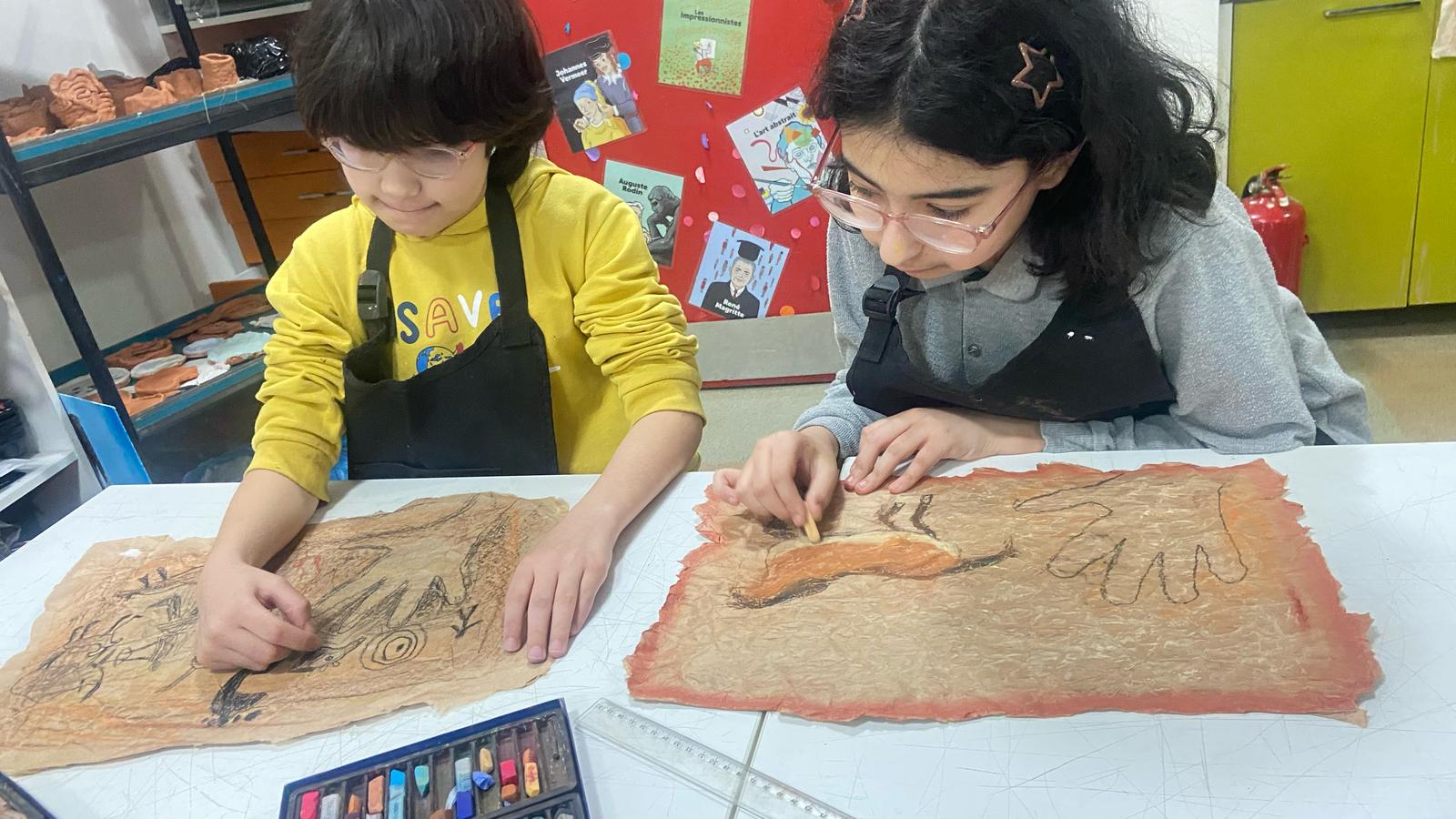 |
Expressions Through Time: The Science and Art of Emotions
This interdisciplinary lesson explores emotional expression across history, cultures, and science, enhancing students' emotional intelligence, creativity, and self-awareness. In Unit 1, students examine the historical evolution of emotional expression, comparing ancient cave paintings to modern emojis, and create personalized emotion symbols to represent their feelings. Unit 2 delves into the biological and sociocultural dimensions of emotions, guiding students to understand how hormones and social contexts influence emotional responses. Through reflective activities, discussions, and creative expression, students gain a deeper understanding of emotional diversity, fostering empathy, effective communication, and inclusive classroom interactions. |
Trans/ Multi disciplinary |
|
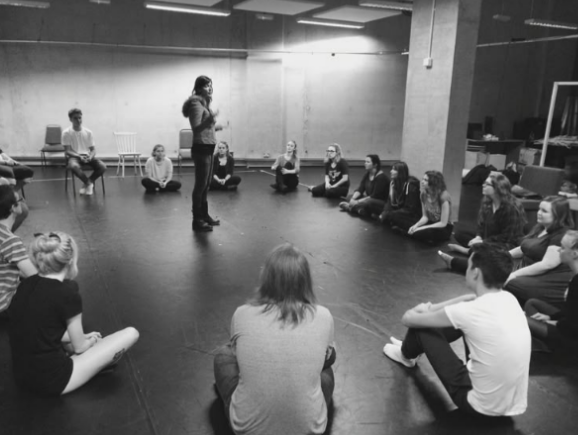 |
Effective Communication and Empathy in Conflict Resolution
Topic
The growth of Emotional Intelligence and effective communication among peers
Learning Outcomes
Students will understand common emotional conflicts and the role of empathy in conflict resolution. They will develop active listening, "I" statements, and clarifying questions skills that enhance their emotional regulation, collaboration, and interpersonal communication. Students will reflect on challenges and apply techniques to resolve conflicts constructively. |
Trans/ Multi disciplinary |
|
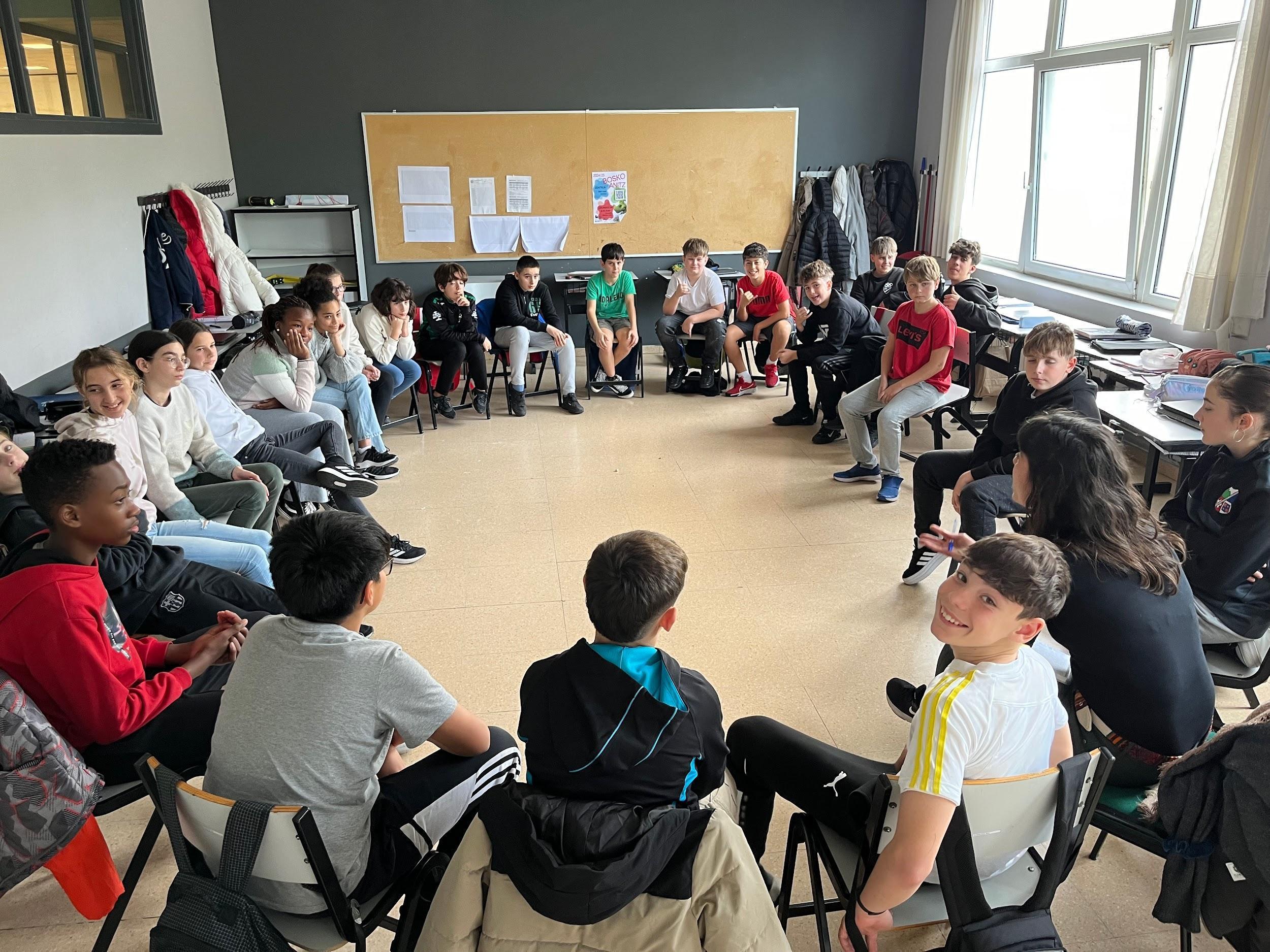 |
Visualizing Emotions: Creating a Feelings Collage
This lesson plan explores emotions through visual representation. Students identify, analyze, and create collages linking emotions to personal experiences. Learning outcomes include understanding emotional expression, enhancing creativity, and fostering empathy through discussions and presentations that celebrate diverse interpretations of feelings using colors, imagery, and symbolic connections to media and art. |
Art, Trans/ Multi disciplinary |
|
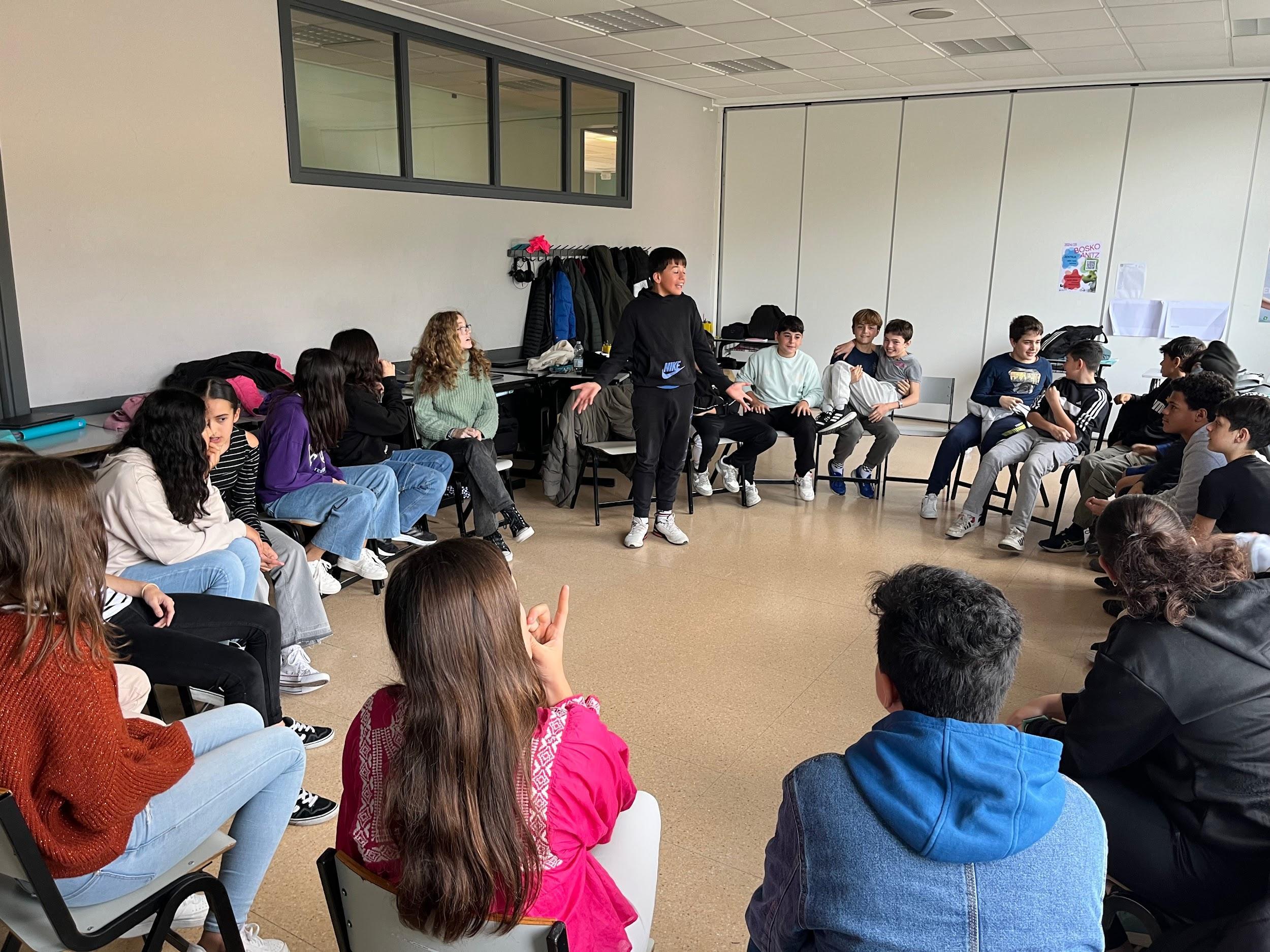 |
Building Emotional Intelligence: Understanding, Reflecting, and Practicing Self-Regulation
Topic: Developing Emotional Intelligence and Self-Regulation Skills
Learning Outcomes:
Students will identify emotions, reflect on emotional experiences, practice self-regulation techniques, and apply these strategies to resolve conflicts effectively in real-life scenarios.
|
Trans/ Multi disciplinary |
|
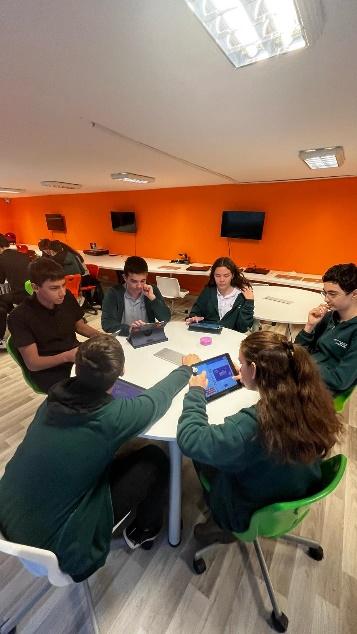 |
Effective Communication through Empathy and Innovation
The lessons begin with emotional self-awareness activities, prompting students to connect personal feelings with broader social contexts. Through the examination of real-life innovations aimed at assisting people with disabilities, students explore how empathy can inspire meaningful solutions to societal challenges. Subsequent lessons strongly emphasize collaborative problem-solving and effective communication, where students engage in scenarios involving various disabilities such as visual impairment, mobility restrictions, autism, speech impairments, and hearing loss. Working collaboratively, students create innovative solutions and present them clearly to their peers, practicing essential communication skills such as active listening, giving and receiving structured feedback, and refining their presentations based on peer input. |
Literature, Trans/ Multi disciplinary |
|
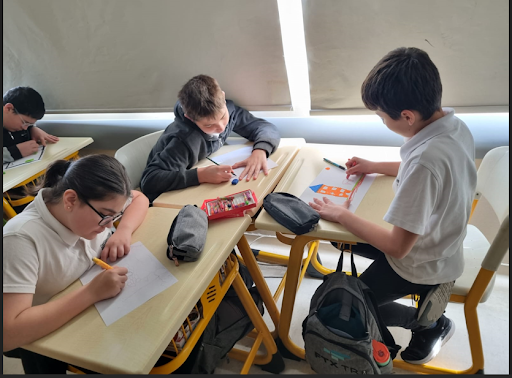 |
Exploring Self-Regulation Through Safe Spaces and Basic-PH Model
This lesson plan focuses on developing students' emotional regulation skills through two key strategies: the Safe Space activity and the Basic-Ph Model. Initially, students are introduced to the "Safe Space" concept, which encourages them to visualize a comfortable, secure, and calming environment, aiding in emotional management. Students then creatively express this visualization through various interdisciplinary approaches, including drawing, writing, verbal expression, or digital tools. In the subsequent unit, the Basic-Ph Model (Beliefs, Affect, Social Support, Imagination, Cognition, Physical activities) is introduced to support students in identifying diverse coping strategies. Students reflect on their emotional experiences, categorize their coping methods according to this model, and discuss strategies they might find helpful in managing emotions in the future. The session concludes with physical coping activities like breathing exercises ("Breath Elevator") and optional yoga sessions, emphasizing physical and emotional wellness. |
Art, Graphics, Literature, Physical Education |
|
 |
Exploring School and Community Life Through Statistics
This math lesson focuses on statistics and helps students define and identify the mean, median, and mode of a data set. Additionally, students will explore various types of statistical fallacies and learn how to correct them, fostering their ability to be proactive learners and critical thinkers. This approach will enhance students’ understanding of statistical concepts while raising awareness of the connection between critical thinking in statistics and emotional intelligence, relying on shared cognitive skills and self-awareness. |
Math |
|
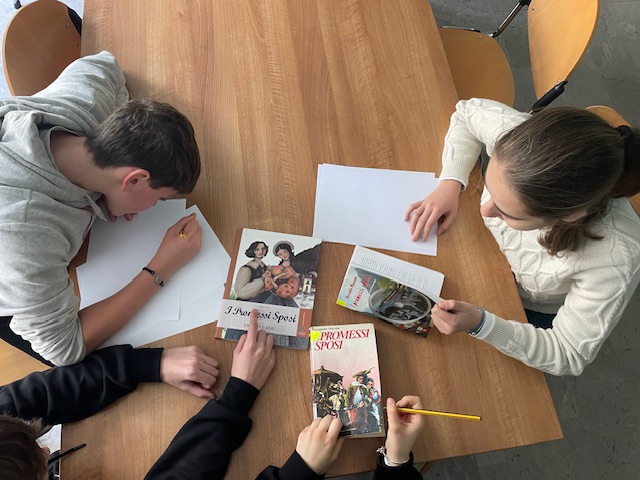 |
RE-PLAY... it's up to you!
This activity can be conducted using the “role play” method. Teacher prepares brief texts and cards where characters, stories or pieces of literature works, opera, history are mentioned, then splits students into two (or more) teams. The teams take turns playing. One player on a team picks a card and chooses an expressive form (drawing, miming, playing, etc.) to suggest what is written. The player has 1 minute to make the team guess the word/character.
Identifying with a character, or knowing and studying different profiles and types of characters, facilitates knowledge of one's own emotions, how to express them and thus self-knowledge (self-awareness).
|
Art, Foreign Languages L1, History, Literature, Trans/ Multi disciplinary |
|
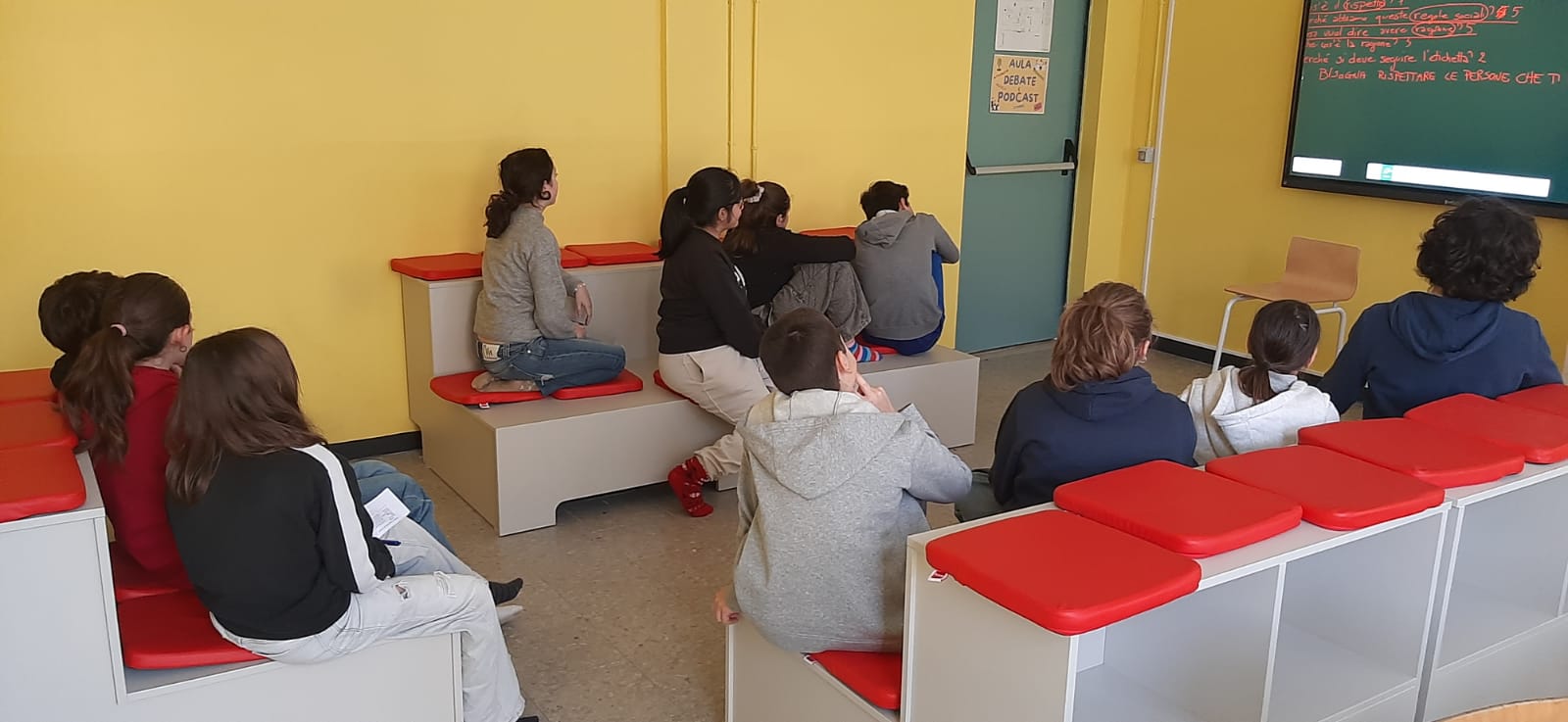 |
Gender issues…right?
This is a debating activity concerning gender binarism in sports. The teacher gives the students a short introductory lecture on the theme and splits them into two groups: the favour group and the against’s one. All have to find arguments in favour or against the theme introduced and predict the counter-arguments with which they may be presented by the other group. Then the two groups have a debate with each other.
By means of this activity, students can reflect on themselves, on their ideas and beliefs, while teachers facilitate critical thought and encourage accepting diversity. |
Literature, Physical Education, Trans/ Multi disciplinary |
|
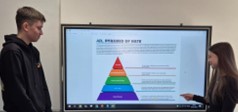 |
How was the Holocaust possible?
This interactive lesson plan aims to raise student awareness about the Holocaust, encourage emotional engagement with sensitive material, and promote analysis of modern circumstances with a historical lens. Teacher-guided interaction with students is limited to a brief conversation at the start of class which introduces source types, the Holocaust, and the learning method. Then, the class will be split into four groups and will engage with four different kinds of material at four distinct “stations” around the classroom, where the materials should be displayed. The teacher-student interaction grows into a discussion on how to respond to hate and how to reduce its escalation in such events and in more concrete circumstances students face. |
History |
|
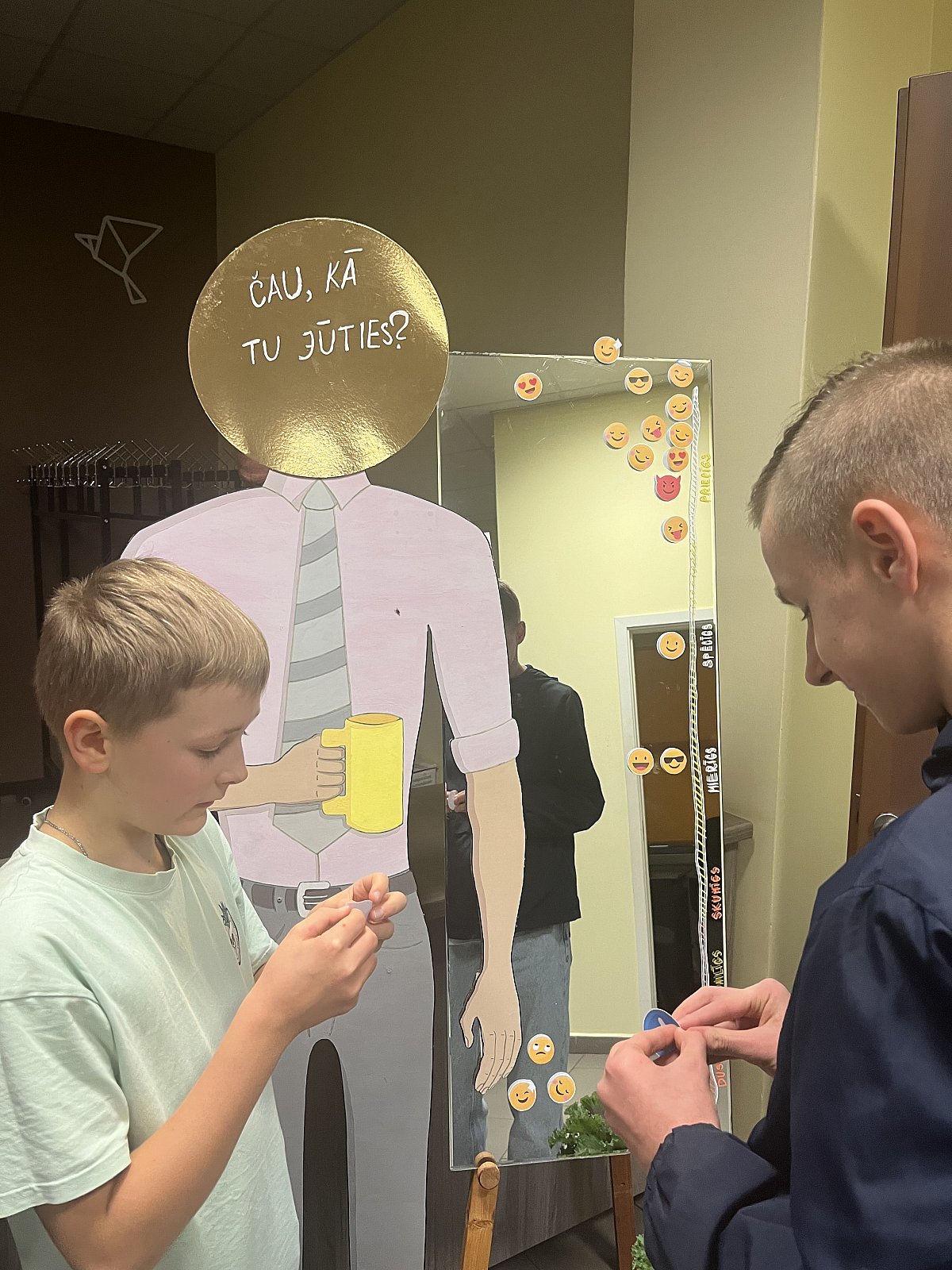 |
Discovering Me: Building Self-Awareness for Personal Growth
This lesson on self-awareness aims to help lower secondary students understand and develop a deeper awareness of their own emotions, thoughts, and behaviours. Through interactive discussions, self-reflection activities, and roleplay scenarios, students explore how self-awareness influences personal growth, relationships, and decision-making. The lesson encourages students to identify their strengths and areas for improvement, recognize emotional triggers, and learn strategies for emotional regulation. |
Trans/ Multi disciplinary |
|
 |
Speak with Confidence: Mastering Effective Communication
The lesson focuses on helping students develop essential communication skills that enhance their ability to convey ideas clearly and interact effectively in various social and academic contexts. Through interactive activities, role-plays, and reflective discussions, students will explore key aspects of communication, including clarity of speech, active listening, body language, and appropriate tone. |
Trans/ Multi disciplinary |
|
 |
Understanding Michelangelo’s Art Through Empathy
The lesson plan is crafted for secondary students to explore Renaissance art by delving into Michelangelo's experiences and challenges, particularly in painting the Sistine Chapel ceiling.
Across three sessions, students are introduced to Michelangelo's works and the Renaissance period, fostering discussions on the physical and emotional trials he may have encountered. In an engaging activity, students simulate Michelangelo’s ceiling-painting experience by creating their own art from an unusual perspective, which enhances their understanding of his perseverance and creative process.
The sessions culminate in a reflective discussion on empathy, connecting students' personal experiences with historical insights. During these activities, the student is expected to empathize with the artist's life, as well as the labor and patience required to create the artwork. |
Art, Graphics, History |
|
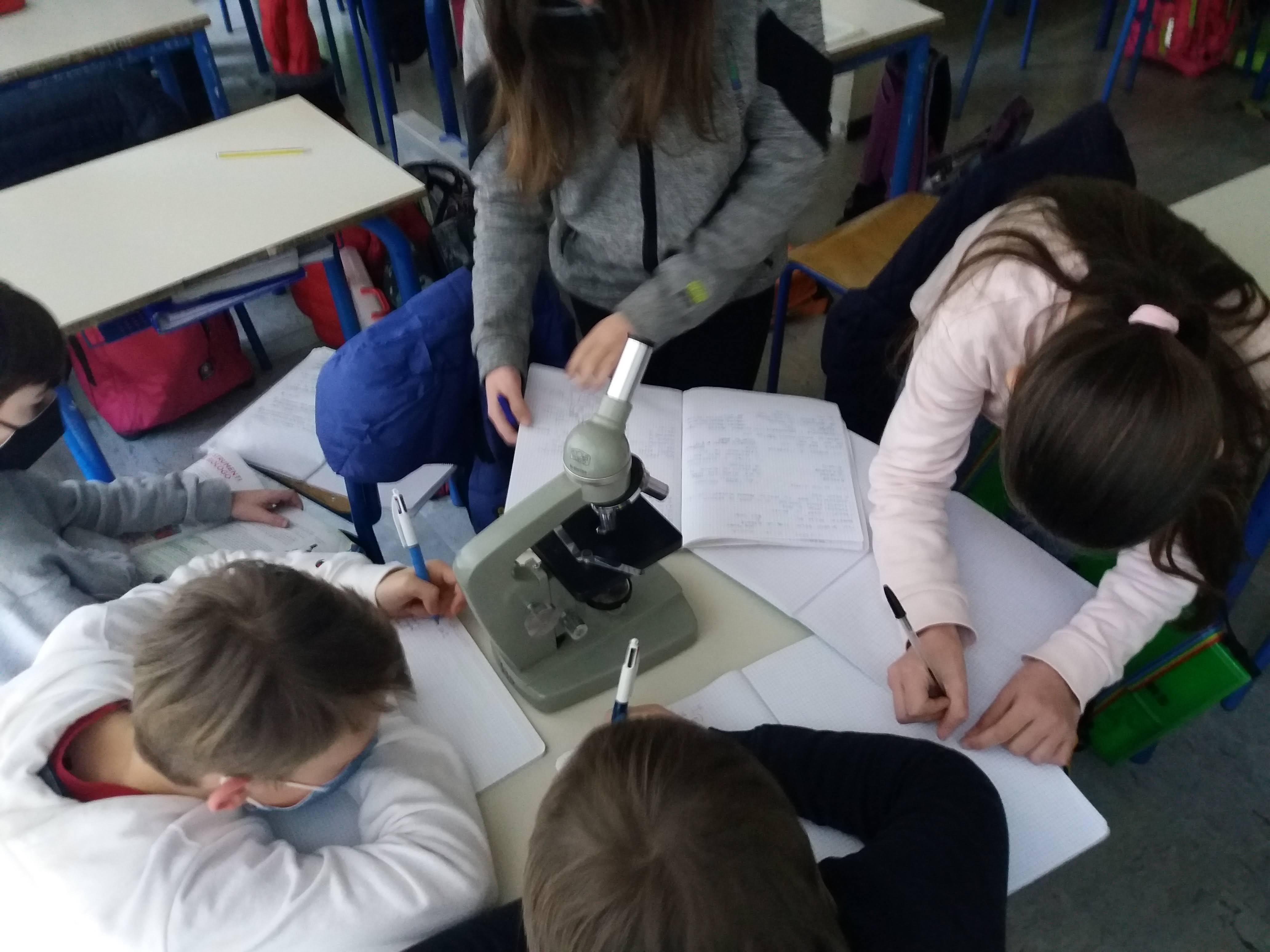 |
The Scientific Method by Galileo Galilei and the development of social and relational skills
Based on cooperative learning, students learn contents about the scientific method, interact with several classmates, experience different involvement within the group and improve their communicative skills. Students are divided into “groups of experts” of 4-5 persons, within which they have a specific role and acquire particular contents. In the second part of the activity, new groups are formed by different experts who exchange their knowledge. Groups must be heterogeneous in order to facilitate inclusion and social skills; teachers should pay attention to the details of communication, capturing both verbal language and body language. |
Biology, Chemistry, Math, Technology |
|
 |
The emotion wheel
This English language lesson engages students in a range of interactive activities meant to help students review, learn, and use adjectives in their own sentences to express and talk about their emotions and what makes them happy, sad, mad, tired, or relaxed. Moreover, the students discuss emotion regulation strategies, which help them identify emotional triggers, and practice appropriate emotional responses. |
Foreign Languages L2 |
|
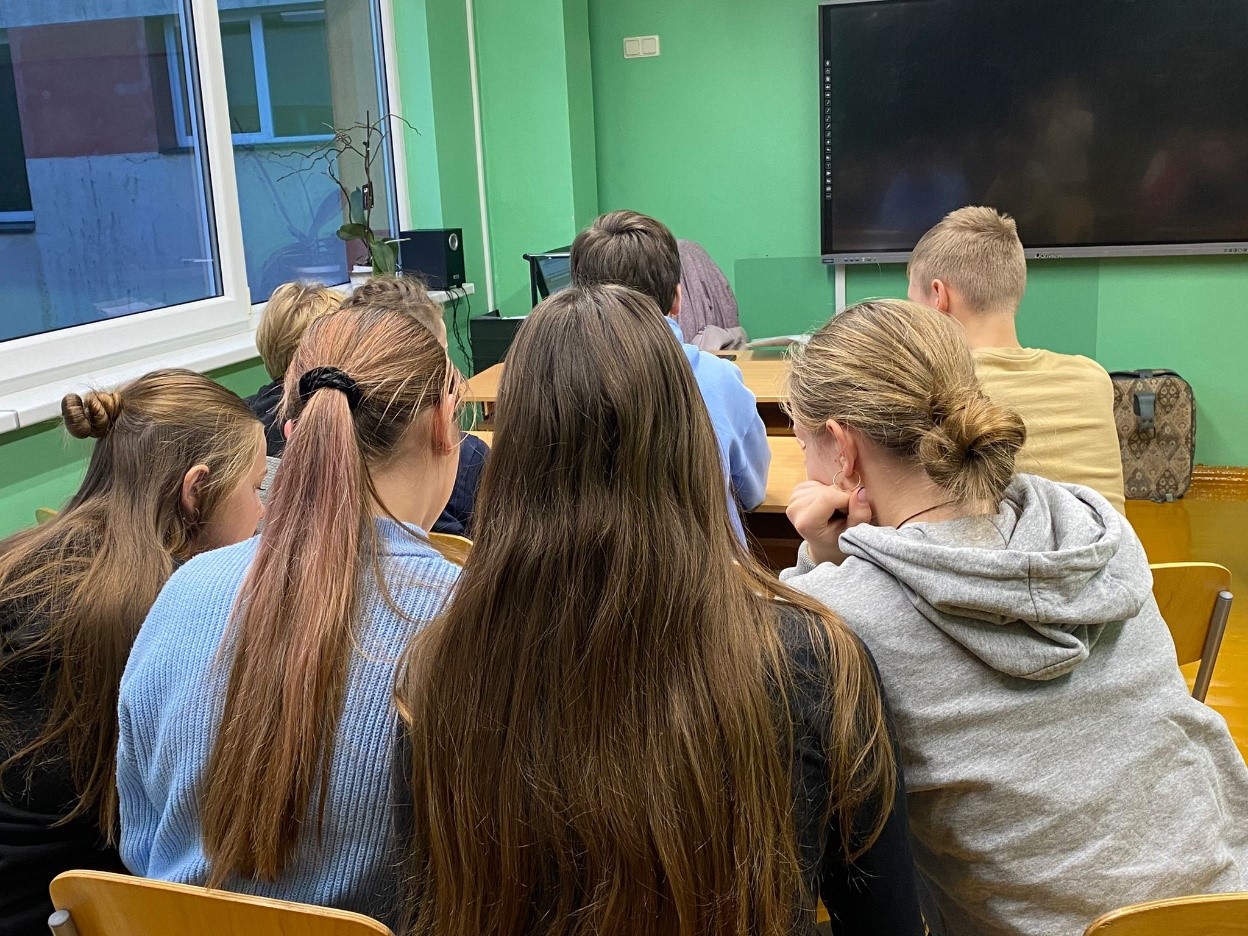 |
Mastering Self-Regulation: Managing Emotions, Impulses, and Goals
Students will be introduced to the concept of self-regulation, emphasizing its importance in emotional, behavioural, and cognitive control. Through direct instructions, group activities, and scenario-based role plays, the students will explore strategies for managing emotions, controlling impulses, and staying focused on goals. The lesson integrates key components of self-regulation—emotional regulation, impulse control, and goal-directed behaviour—by guiding students to reflect on their personal experiences and apply self-regulation techniques in academic and social contexts. |
Trans/ Multi disciplinary |
|
 |
The heart
This biology lesson focuses on the human circulatory system and its functions, helping students understand how emotions influence heart rate and overall cardiovascular health. Through various interactive activities, the teacher illustrates the relationship between emotions and physical health, emphasizing how emotional intelligence can contribute to better heart health. Additionally, the teacher engages students in discussions about strategies for managing their emotions. |
Biology |
|
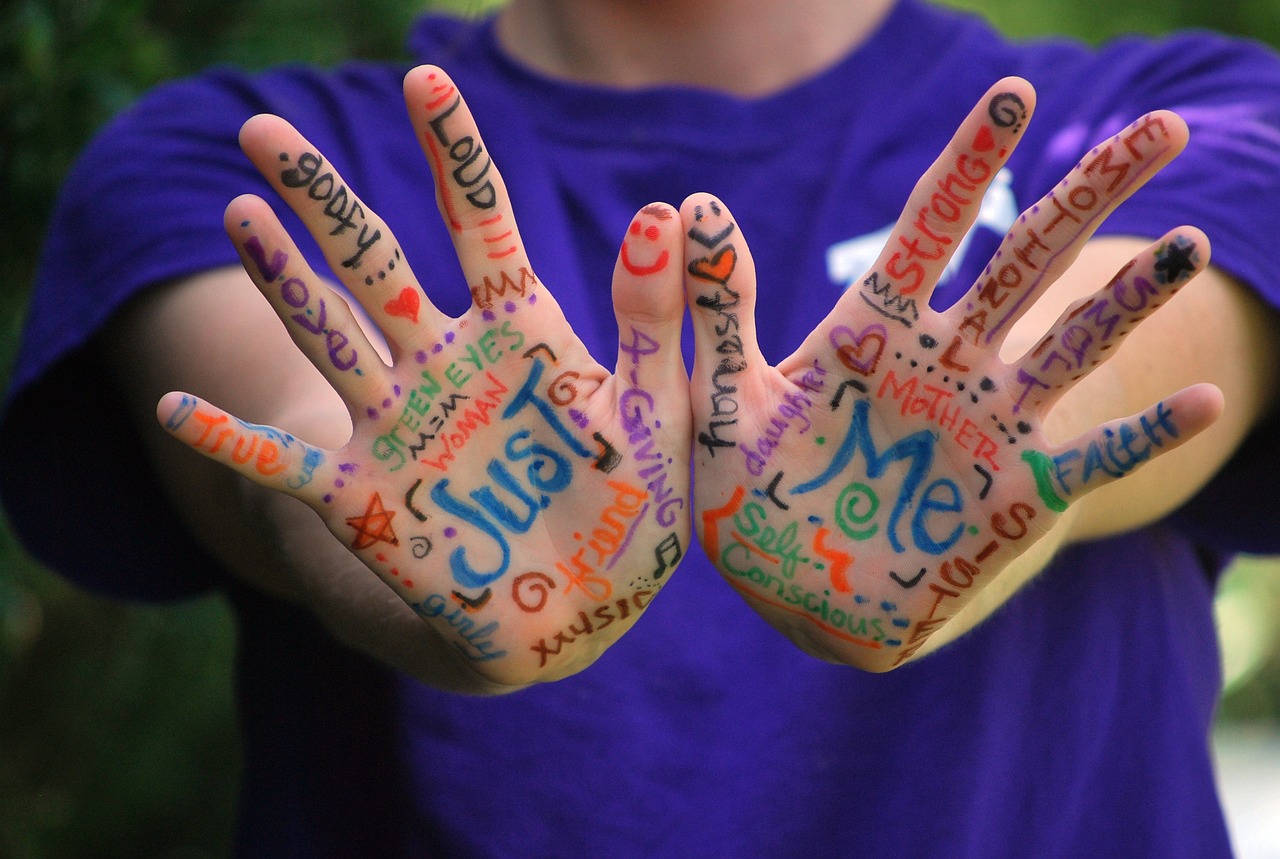 |
My words: opening up or closing down?
Based on circle time, students are invited to reflect on what are the characteristics of the meaningful relationships, on sentences and/or idioms of common use. The activity is divided into individual, pair and plenary phases and aims to improve communication skills. |
Trans/ Multi disciplinary |
|
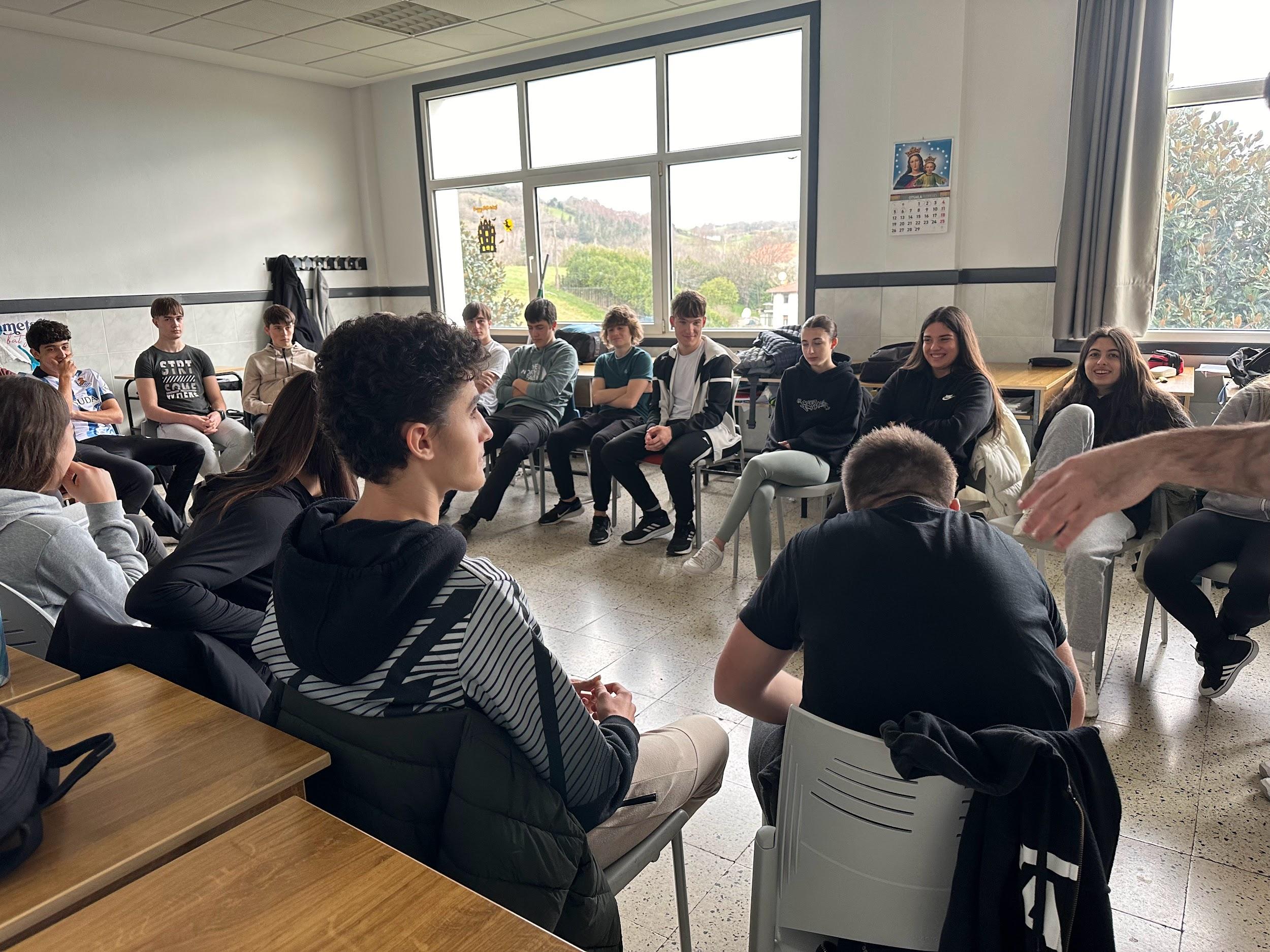 |
Introducing Emotional Intelligence (EI) in the classroom
Topic: Emotional Intelligence (EI) and Emotion Recognition
Learning Outcomes: Students will understand basic emotional intelligence concepts, identify and interpret various emotions, and recognize non-verbal cues. They will practice expressing emotion |
Trans/ Multi disciplinary |
|
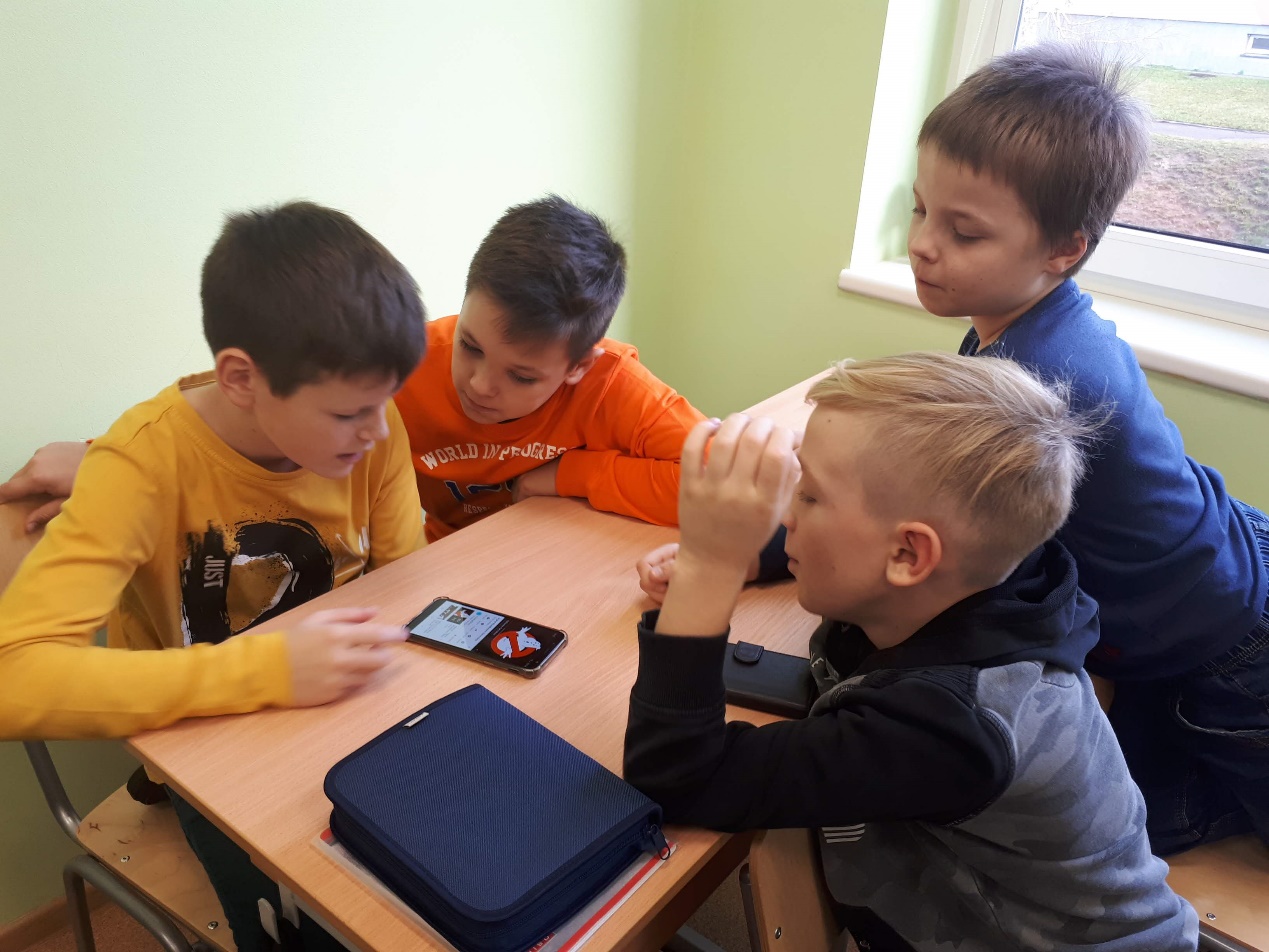 |
Walking in Someone Else's Shoes: Understanding and Practicing Empathy
The lesson is about understanding empathy and differentiating it from sympathy. After watching videos, doing roleplays, working in groups or pairs, participating in discussions and giving feedback, students will be able to define empathy and practice empathy themselves. The students will become more aware of being empathetic in their everyday life. |
Trans/ Multi disciplinary |
|
